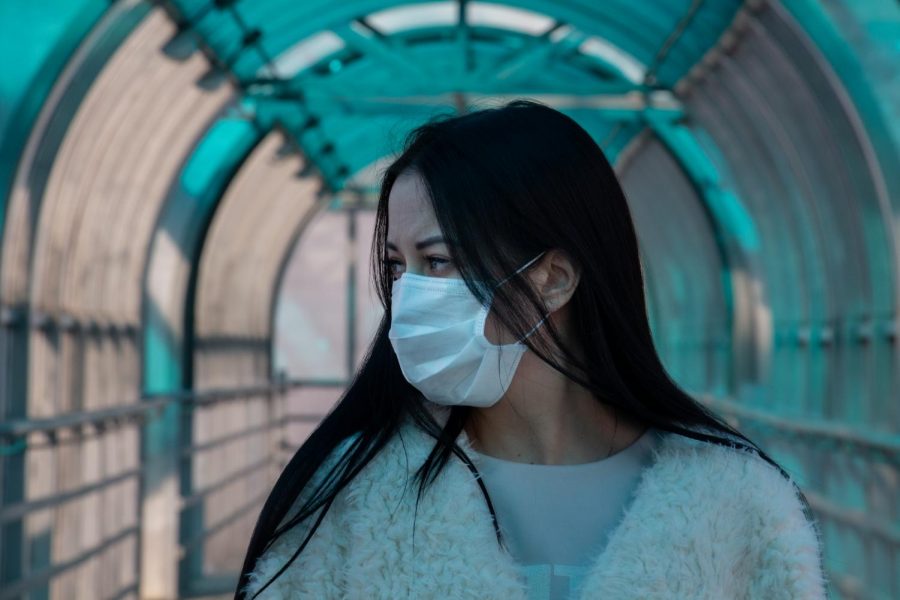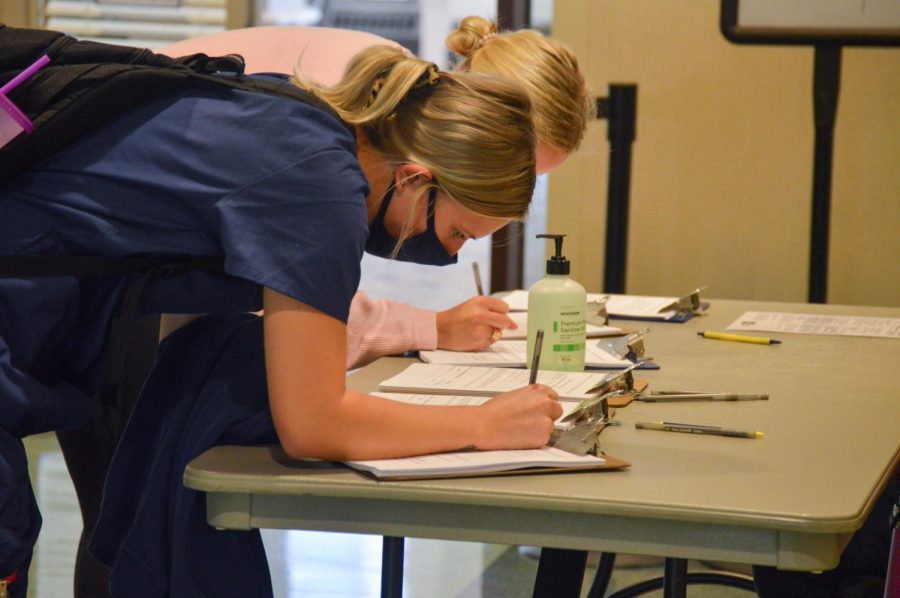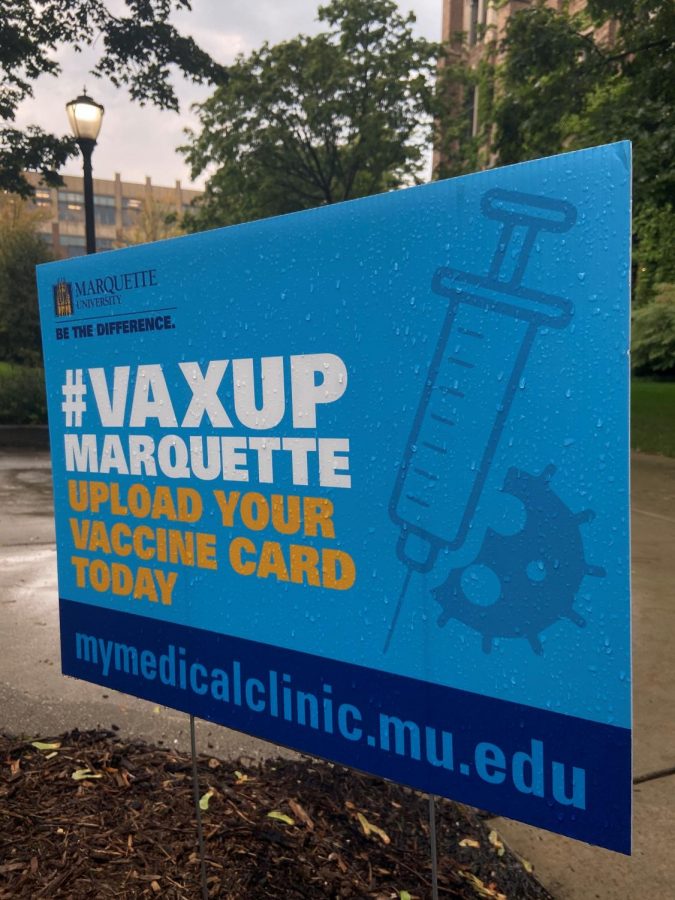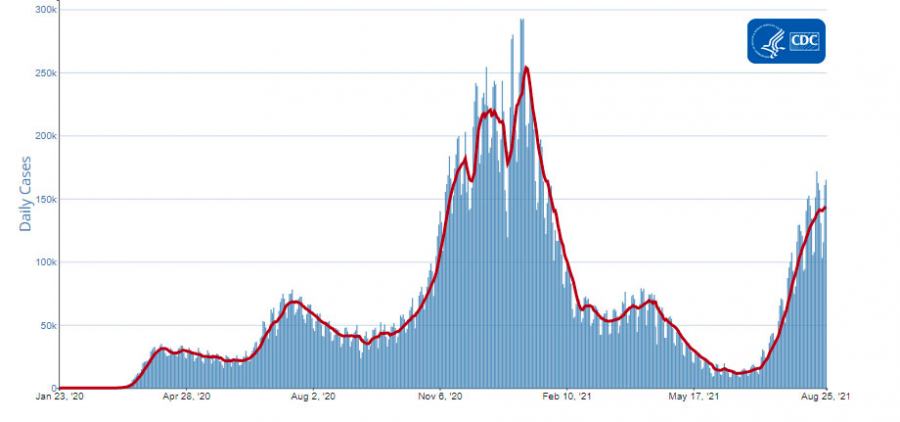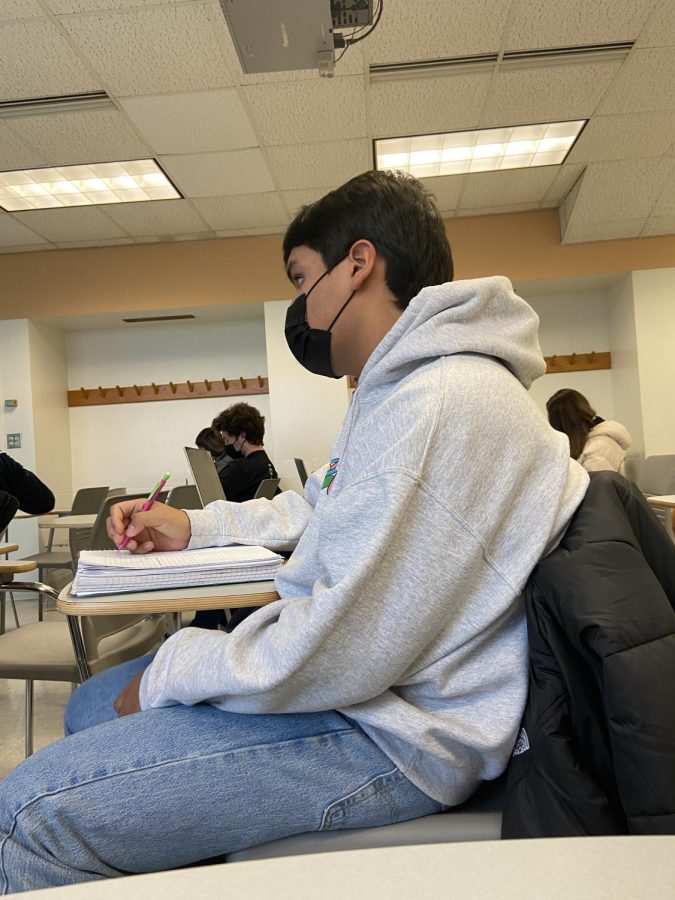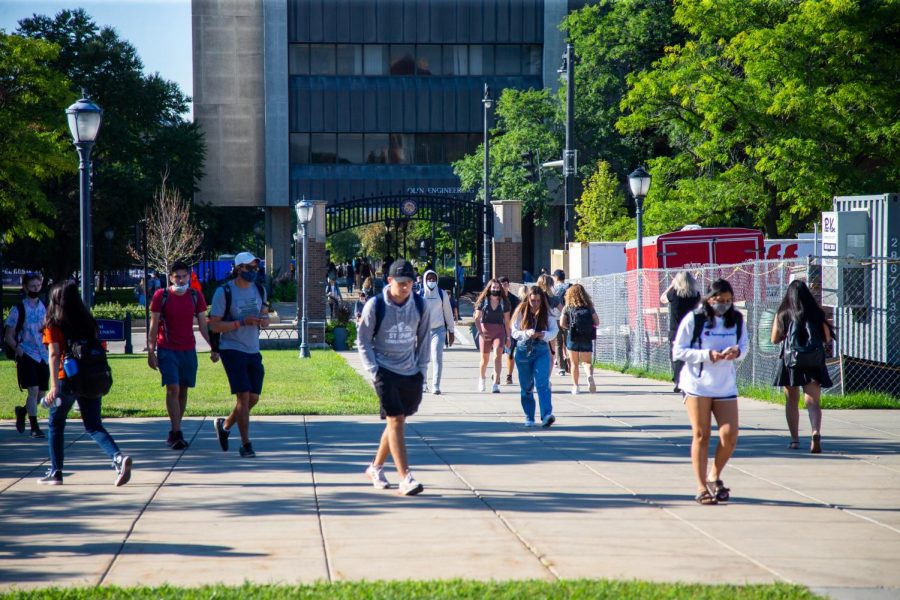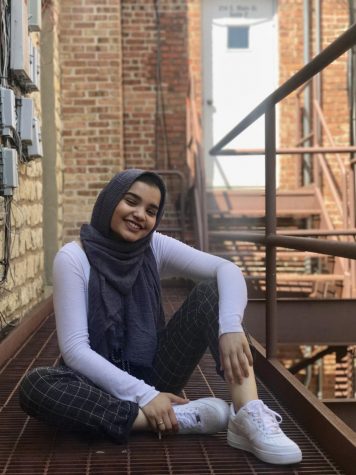The coronavirus is still spreading globally, and more and more people are getting infected with the disease. As of March 23, the United States had the third highest number of coronavirus cases behind China and Italy. The country faces 43,718 COVID-19 confirmed cases with 419 deaths. In the last 24 hours, the number of cases rose by 10,152. Clearly, the disease is spreading at an exponential rate.
The Center for Disease Control and the World Health Organization, along with many other doctors and professionals in the medical field, published solutions to this rapidly spreading disease and informed the public on what they can do to help prevent it. Experts encourage individuals to practice social distancing and self-quarantine.
According to The New York Times, social distancing is the practice of keeping distance between two individuals, ideally six feet, to help prevent the spread of a contagious disease. Self-quarantine, according to the National Public Radio, means staying at home and isolating oneself from the public to help prevent others from getting coronavirus. This includes people who may be asymptomatic carriers, or individuals who hold the virus without showing symptoms.
These practices mean the public must isolate themselves from any outside contact. This seems to be an activity that younger generations are having trouble practicing.
I am a Generation Z 20-year-old. Believe me, I hate it as much as the next person when older generations talk badly about young people. They believe we are lazy and live with a sense of entitlement, thinking small tasks are beneath us. We have been labeled as self-obsessed and narcissistic due to the boom of technology and social media in the last decade. The criticism Millennials and those in Generation Z receive from older people are very frustrating, but now is the time to act for them and for others.
The most severe cases of the coronavirus and the highest death rate happen in the elderly population. While 17% of the United States population is 65 or older, 31% of COVID-19 cases are concentrated in that age group making it the largest percentage of any other age group. These statistics are mainly attributed to the increased likelihood that older people have weaker immune systems or preexisting health conditions.
Just because younger people are not as likely to die from COVID-19 does not mean they can take this disease lightly. It is all of our responsibilities to take the advice of the CDC and WHO to social distance and quarantine ourselves from others.
Yes, spring breaks, prom and other social activities are canceled due to the spread of the disease, but there are larger aspects of this crisis that must be prioritized. People are dying. There is rational justification behind scientists advising people to stay at home. Now is not the time for a vacation or social gatherings.
We must not be selfish and forgetful about the elder population around us. For instance, labeling the disease the “boomer remover” is insensitive and disrespectful at this serious time.
Although the elderly population is the most vulnerable for the serious effects of the coronavirus, like difficulty breathing and death, young people are not invincible or immune to it. WHO director General Tedros Ghebreyesus warned young people against their apathy toward the COVID-19 pandemic. Individuals under 50 years old comprise a significant portion of coronavirus patients. When addressing the younger generations, Ghebreyesus said “this virus could put you in the hospital for weeks or even kill you.” There are also younger individuals who have preexisting conditions that compromise their immune system which placed them at the same risk as the elderly.
According to doctors in Hong Kong, patients who recover from coronavirus can still face long term detrimental effects such as weakened lung capacity, possibly up to 20 to 30 percent less functional.
Nobody is completely safe, so we must all take the necessary precautions and think about the greater good for the community and the entire world.
Proms and spring breaks can be postponed if, and only if, everyone begins to take this disease as a serious threat. If we want our lives to go back to the way they were, we need to social distance.
Stay indoors because the faster the American public quarantines itself, the sooner we can slow and eventually stop the spread of the disease.
This story was written by Aminah Beg. She can reached at [email protected].


